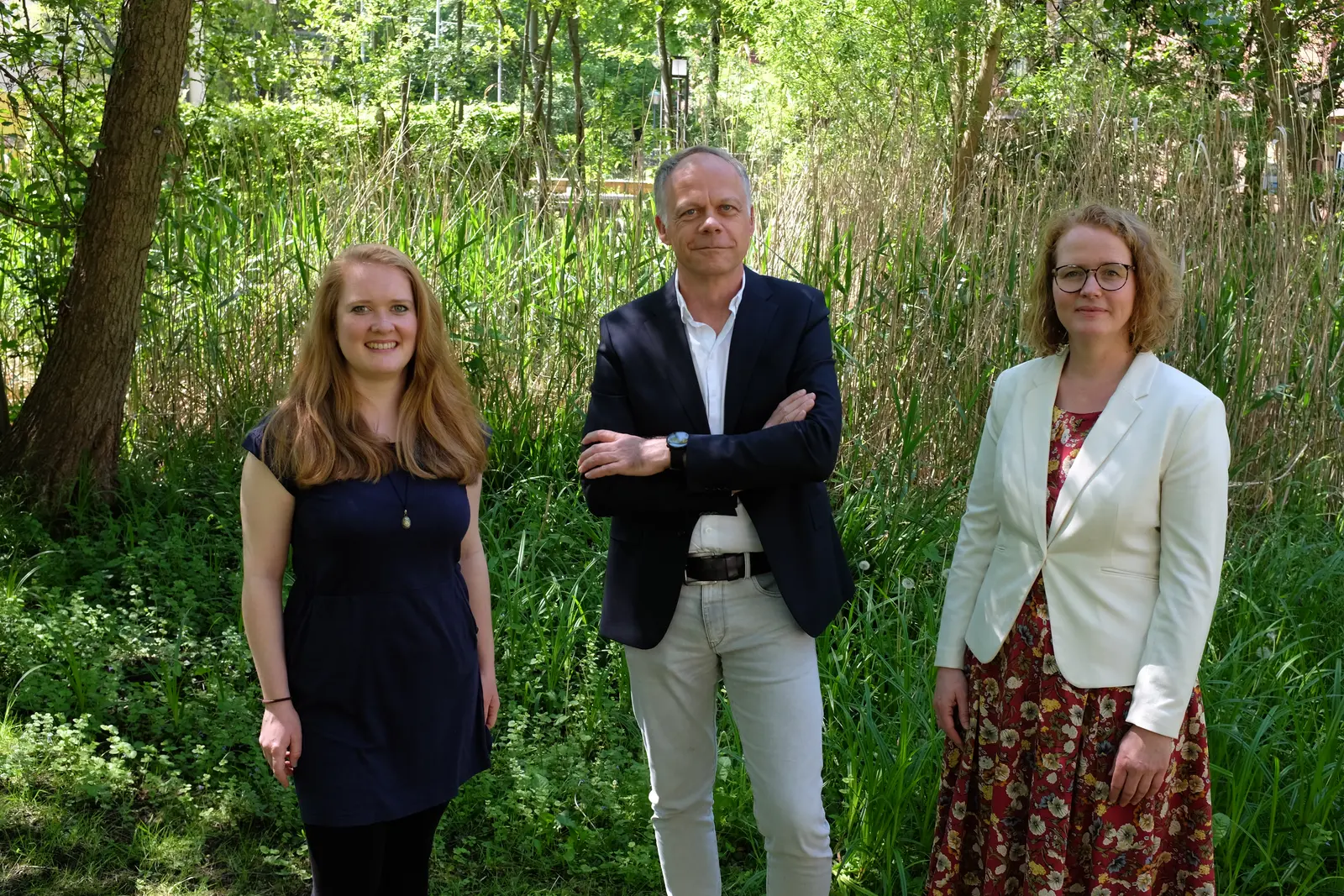No to disposable plastic - yes to reusable: advice and networking centre for packaging reduction starts work on Environment Day
The Brandenburg Advice and Networking Centre for Packaging Reduction is starting its work this week. It is part of the Ministry of the Environment's 7-point action plan, which was presented last October by Environment Minister Axel Vogel at the 1st Brandenburg Forum on Waste Avoidance. The advice and networking centre will be run by the Eberswalde University for Sustainable Development (HNEE) on behalf of the Ministry of Agriculture, Environment and Climate Protection and will initially be set up for a period of one and a half years. The advice centre will thus be launched just in time for Environment Day on 5 June, which this year follows the appropriate motto "No to disposable plastic - Yes to reusable" following a decision by the Conference of Environment Ministers.

With the Advice and networking centre is intended to strengthen the exchange between stakeholders along the regional supply chains in the food sector and thus jointly identify potential for reducing plastic packaging and increasing the use of reusable solutions. HNEE will develop a catalogue of measures for this purpose and invites active participation. The aim is to promote dialogue between relevant stakeholders along the supply chain and to jointly identify waste prevention potential and derive appropriate measures.
"I am confident that the networking centre will send out many good impulses into the industry. We need courageous foresight and innovation in order to finally significantly reduce plastic consumption in packaging practice. Packaging-intensive standards must be urgently scrutinised and a sensible change in processes and structures must be initiated across the board," said Environment Minister Axel Vogel on the objective.
The amount of waste produced in the food sector is influenced by a large number of players: customers due to specific product requirements, suppliers due to their product range, the manufacturing industry due to cost considerations or regulations. Waste prevention potential can often not be fully utilised because the various players in a supply chain are not sufficiently informed about the needs, framework conditions and challenges of the respective downstream interface.
In 2017, around 18.7 million tonnes of packaging were generated in Germany. Around 3.2 million tonnes of this was plastic packaging. At 226.5 kilogrammes per capita and year, packaging consumption in Germany was well above the European average of 173.4 kilos per capita.
The publication of the EU Plastics Strategy in January 2018 and the Federal Ministry for the Environment's (Bundesministeriums für Umwelt, BMU) five-point plan in November 2018 defined the political framework for the sustainable use of plastics. The objectives and measures contained therein represent international and supra-regional endeavours.
The Ministry of Agriculture, Environment and Climate Protection is pursuing a regional supplement by implementing measures for a more resource- and environmentally friendly use of plastics with reference to the stakeholders from industry and trade based in Brandenburg as well as the citizens. One element is the reduction of plastic packaging through reusable solutions along regional supply chains.
"The food industry and food retailers are among the largest consumers of plastics for packaging. We can start directly with the distribution of regionally produced products in order to strengthen added value and reduce the use of packaging overall," says Environment Minister Axel Vogel.
The current President of HNEE, Prof Dr Heike Walk, commented on the developments: "Developing practical and effective solutions for the challenges of the future is one of our central concerns and drives us towards our goal of initiating sustainability transformations. For more than five years, intensive research has been conducted in the field of plastic and packaging reduction at our Department of Landscape Utilisation and Nature Conservation. The establishment of an advice and networking centre is an important milestone, not least in order to bring manageable solutions to society for this important topic."
Prof. Dr Jens Pape, Head of Sustainable Business Management in the Agricultural and Food Industry at the Faculty of Landscape Management and Nature Conservation at HNEE, on the project: "Saving packaging along the food value chain is anything but trivial. With its participatory approach, the BVVB wants to develop measures to reduce packaging that are supported and implemented by all key players along the supply chain. This is the only way to create a new awareness for functioning and sustainable solutions in this segment in the long term.
In addition to the development of the catalogue of measures, the advice centre offers information and advice as well as opportunities for participation under the following contact details.
Contact:
Consultation hours: Mon. - Fri. from 10 am - 12 pm and 2 pm - 4 pm
Telephone number: 0151 551 552 46
netzwerk-verpackungsreduktion(at)hnee.de
Note on image material
The photos available here may be used for reporting purposes. Please note the copyright notice © HNEE